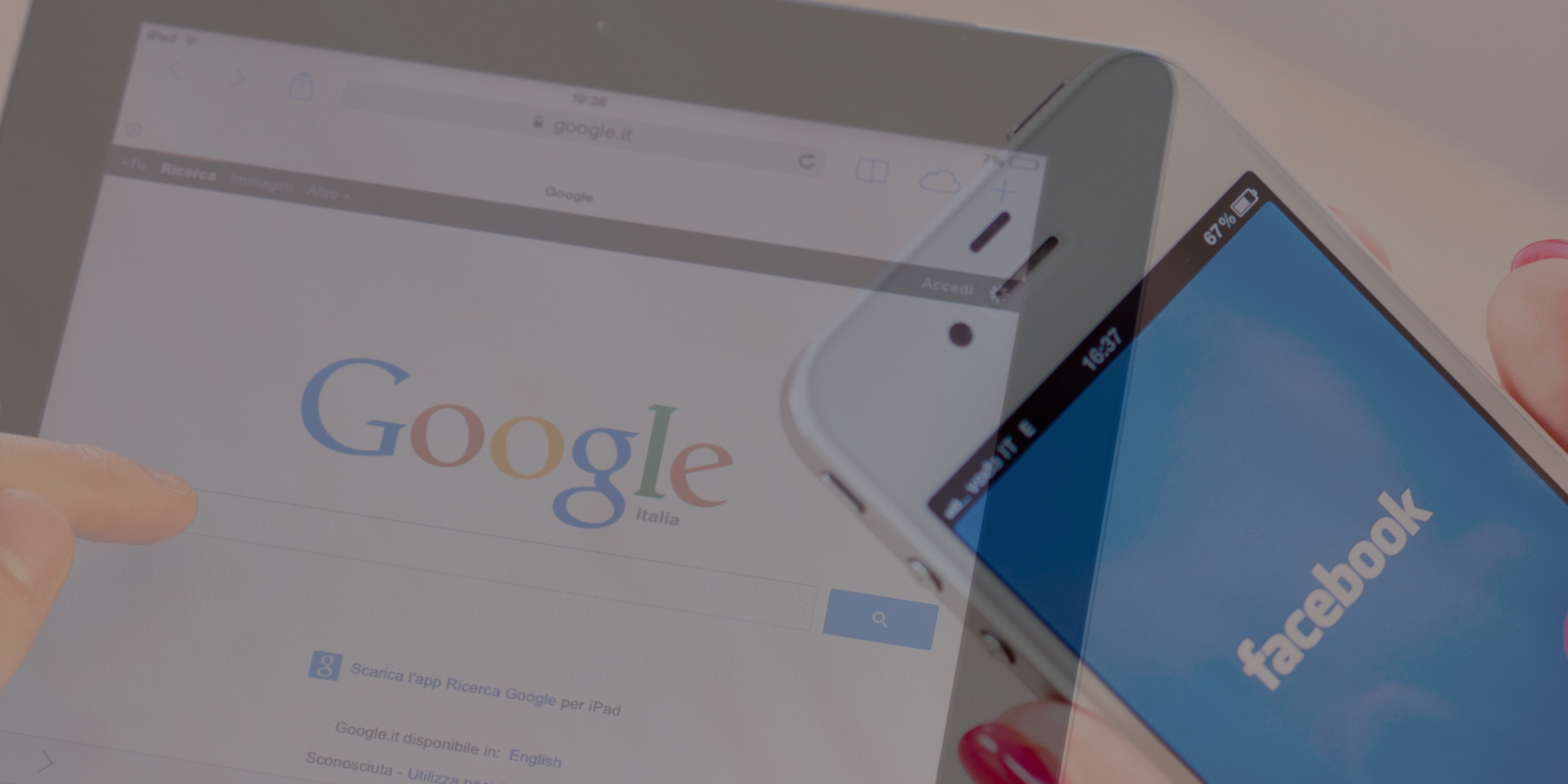How Brands Are Affected By The Australian Government’s New Proposed Media Laws, And Facebook And Google’s Response To Them
Google and Facebook, the two tech giants at the centre of the Australian government’s News Media Bargaining Code – the federal initiative to force them to compensate media organisations for sharing their content – have had very different responses to the law, and this will affect how Australians interact with each of them.
Of the two, Facebook’s response has been the most dramatic. After months of threatening to effectively “turn off” Australian media outlets if the government should go ahead with its plans, Facebook has, as of yesterday, followed through with the threat, and effective immediately news content from Australia can no longer be shared or viewed on the platform.
Why Facebook has done this.
As Facebook’s Managing Director for Australia and New Zealand, William Easton, wrote in a blog post: “The proposed law fundamentally misunderstands the relationship between our platform and publishers who use it to share news content”. He also stated that Facebook “were prepared to launch Facebook News in Australia and significantly increase our investments with local publishers, however, we were only prepared to do this with the right rules in place.”
The Facebook ban blocks posts from any Australian publisher from being seen anywhere in the world and blocks all users in Australia from seeing any news content, even from non-Australian news pages.
Importantly, this does not affect commercial pages, brands, products, nor the pages of politicians. Nor does it affect blog articles, links to YouTube and other video sharing posts, and it does not affect activity on Facebook’s other brands – most notably Instagram. It is only material that Facebook considers to be news media on Facebook that is being affected.
John Lidberg, a media professor at Monash University has made the point that, “There will now appear a void where professional credible journalism used to be on Facebook, and this void could be populated with misinformation and conspiracy theorists”. It is likely that the majority of Australians will become more circumspect and cautious about taking what they read on Facebook on face value, but otherwise life on the social media platform will remain unaffected.
What does this mean for Google?
Google’s threat in the lead-up to the Media Bargaining Code was to turn off search in Australia, which would have had major implications for everyone. However, Google has taken a less antagonistic approach than Facebook and has been engaging with government and media in good faith. Most significantly, Google has engaged with Rupert Murdoch’s News Corp, generally agreed to be the instigator behind the government’s new law. Google’s deal with News Corp is part of its News Showcase product, which allows publishers to choose which stories are to be promoted on special sections of Google’s search pages and apps.
It’s worth noting that Google still publicly opposes these laws. Kent Walkers, Google’s Global Affairs and Chief Legal Officer announced in a blog post that “The law would unfairly require unknown payments for simply showing links to news businesses, while giving, to a favourite few, special previews of search ranking… Those aren’t workable solutions and would fundamentally change the internet.”
However, for now and as the law comes into effect, Google’s News Showcase appears to be a satisfactory attempt to avoid that problem for all concerned, as it creates a separate product that is different from search results. By negotiating deals with major news organisations in Australia, Google will help sustain public interest in journalism and maintain its services to the Australian public.
Outside of the media sector, the impact of these decisions by Facebook and Google will remain minimal. Facebook will remain valuable as a tool for reaching out to consumers, both within Australia and abroad. Indeed, with fewer news articles being shared, the “cut through” with noise will be even greater in Australia.
Meanwhile, the all-important Google SEO is not being affected on any level, and for brands the same strategy and goals with SEO applies.
Unless you’re running a media outlet, your online presence will remain unaffected into the future.


